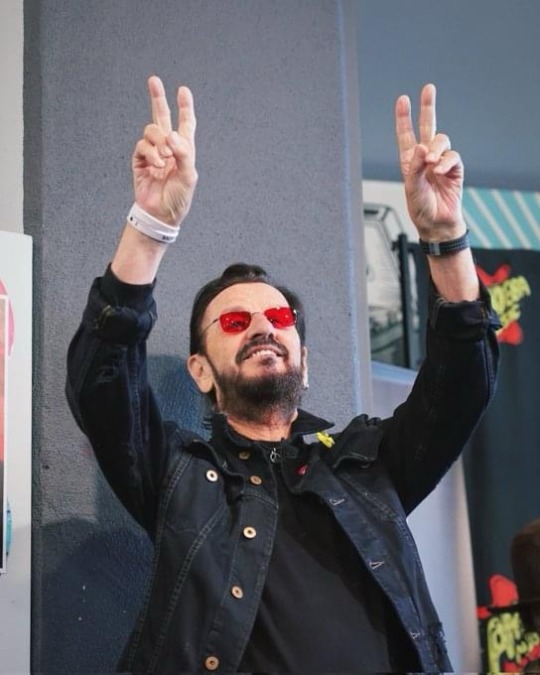Text
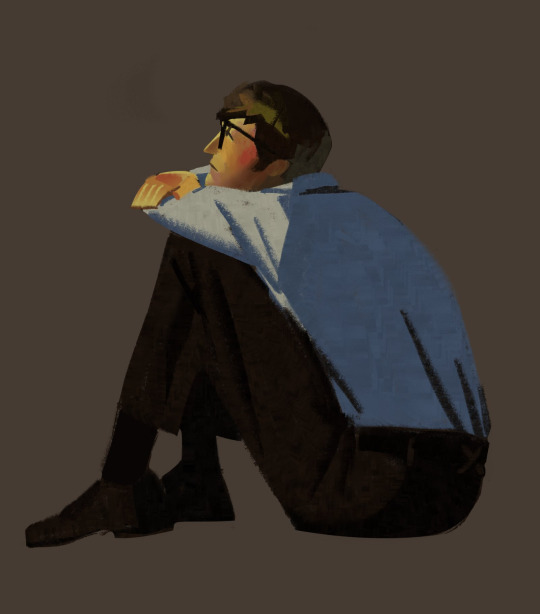
john
252 notes
·
View notes
Note
I'd be curious to hear your Ob-la-di Ob-la-da take lol
I claimed Ob-la-di Ob-la-da as a political song. No, I'm not kidding.
Obviously, Ob-la-di Ob-la-da isn't a protest song. It's a perky ska-style number about the happy, everyday life of an immigrant family. And it was released in 1968, when immigration had just become the most inflammatory topic in British politics.
In spring 1968, the UK government proposed a new Race Relations bill, making it illegal to refuse housing, employment, or public services to anyone on the grounds of race or national origin. It was a response to racism, particularly against recent immigrants, especially those from the Caribbean.
Cue a lot more racism, most notoriously from politician Enoch Powell, who gave what is still commonly referred to today as the "Rivers of blood" speech. Powell ranted about sending "the immigrant and immigrant-descended population" back to the countries they or their families had once come from. He was particularly freaked out by the idea that, having come to Britain, people would settle down and - horrors - have babies, eventually outnumbering the white population. Powell was sacked by his party the next day, but he sparked a horrible wave of racist protest and abuse.
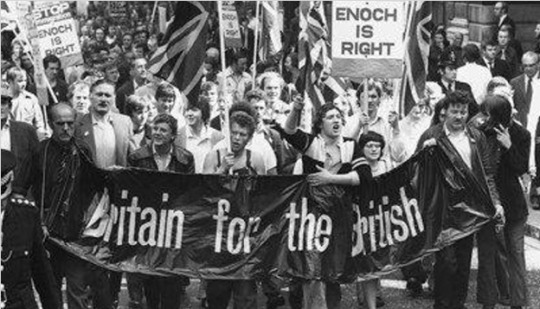
All this was brewing over the summer, as The Beatles worked on the White Album, and on this song. What is Ob-la-di Ob-la-da about? It's an everyday love story. The ska style frames Desmond and Molly as Jamaican - which, in a British context, strongly suggests that they're immigrants. The song builds a happy ending out of exactly the things that racists like Powell were terrified that immigrants would do. They work, get married, and have children, who grow up and help with the family business. Life going on, happy ever after.
The Beatles were certainly aware of the tensions sparked by Powell, immigration and the Race Relations Act; they were still talking about it, and trying to write a protest song about it, in the Get Back sessions in January 1969. Ob-la-di Ob-la-da doesn't talk directly about any of that. Its subjects - work, home, children - are the sort of thing that 1970s rock journalists would put down as Paul's normie bourgeois sensibilities.
But normie is where most people live. The song presents Desmond and Molly as deeply relatable. It assumes that their happy ending is something everyone can root for and sing along with. That is not an apolitical act, particularly not in Britain in 1968.
youtube
And people did sing along, in their millions. Ob-la-di was staggeringly popular. The Beatles didn't release it as a single in the UK or the US (though it topped charts in Australia, Japan and Europe). There were multiple competing cover versions. One by the band Marmalade went to No 1 in Britain, and sold about a million copies. Paul's own favourite cover was by The Bedrocks, whose members were all first-generation immigrants from the Caribbean.
(Obviously, there are other questions here about race, music, and appropriation; The Beatles, and most of the artists doing cover versions, are white people singing black music. Hello, history of western popular music.)
As I said, this isn't a protest song. But it has been sung in protest. @beatleshistoryblog found this great footage from a Women's March in London in 1971. Just listen to the first seconds: la la la la life goes on.
youtube
#ob-la-di ob-la-da#racism#the beatles and race#the bedrocks#myplasticadversary#ask#tag for mine or my addition#the women’s march video is a favourite
74 notes
·
View notes
Text
Just remembered, it always annoys me whenever I see people call Revolution "the most political song the Beatles had done" cos like. Does Piggies mean nothing to you.
#the most political song the beatles did is ob-la-di ob-la-da#no i am not kidding#prev tags#the most compelling part of it to me has always been john's uncertainty of whether he was in or out#and that's why the single version frustrates me because in the lyrics he's decisively 'out' but the music sounds 'in'#and so it just doesn't cohere#<<<i like the non-coherence tho#because it heightens the uncertainty#revolution
19 notes
·
View notes
Text

Rehearsing for the upcoming Around The Beatles TV show in April 1964 at Hall Of Remembrance.
📷 Terry O'Neill
27 notes
·
View notes
Text


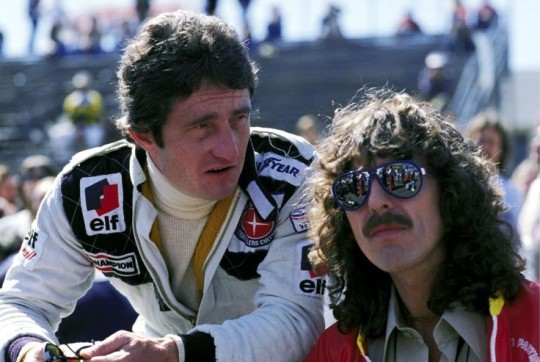
#george harrison#f1#thriving with his poodle perm#we go so hard on paul’s terrible mullets#so we shouldn’t forget that george had his lapses#anyway he looks happy
101 notes
·
View notes
Text
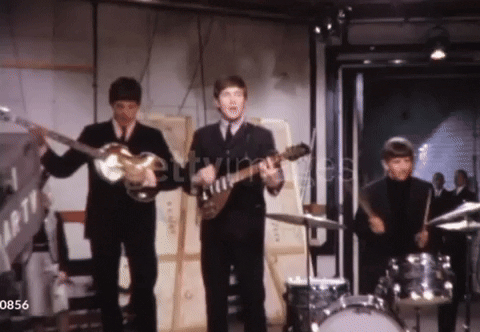
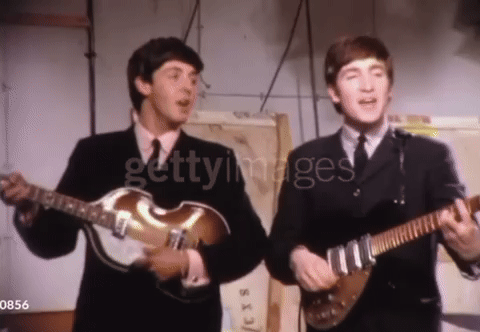
John Lennon and Paul McCartney during rehearsals for The Beatles' first appearance on Ready, Steady, Go, 4th October 1963. Part 2 (part 1)
#they were just so good at joy#look at them#all the beaming#john and paul#john lennon#paul mccartney#ready steady go#1963
182 notes
·
View notes
Text

I'm looking through you
And you're nowhere
109 notes
·
View notes
Text
Incidental Illustrations: George
These were made by @the-paper-apricot for the zine. Each is a stylised drawing made in three minutes, with charcoal and a wet brush.
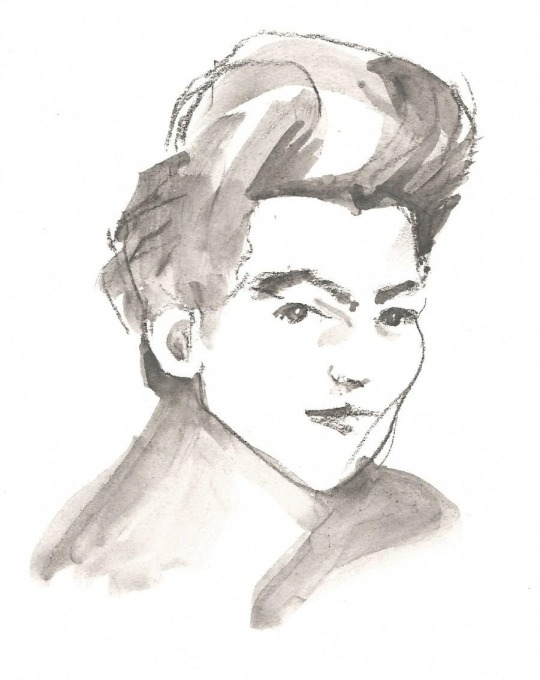


#these are lovely#baby george with his turban#and the fluidity of that last pose#space left for the cheekbones#george harrison#art tag
44 notes
·
View notes
Text
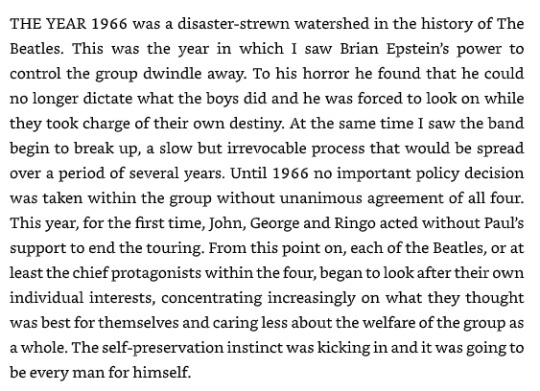
interesting that Tony Barrow sees the seeds of the breakup being sown as early as '66 - and that comment about Brian. earlier in the book he says:

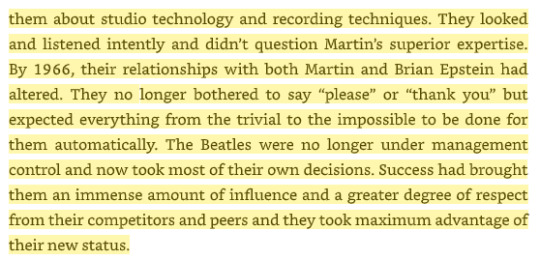
#tony barrow#john paul george ringo#touring#prev tags#i suspect some of it is wanting to be seen as having some kind of insight into the breakup#when he was with them mostly during the touring years#but still interesting#brian epstein#george martin
23 notes
·
View notes
Text
I don't think Paul can act, but I can see why that came as a surprise: he's a natural performer and a brilliant vocal mimic. When they're imitating accents, or doing their amateur dramatics skits, I genuinely do think he's the strongest. And I can believe he was fun in the Christmas shows, which must have been basically sketch comedy with a lot of improv.
But he seems to seize up completely when he's asked to, you know, act. Given a script and a character, he tries terribly hard and terribly badly. You can see him earnestly remembering that he's got a line coming up, concentrating, preparing to say the words, and looking a bit relieved once it's done. (In Help!, he's so stoned you can also see him remembering that he's being filmed, looking around for the camera, and beaming when he spots it.) So he looks much worse than George, who is just cheerfully wooden.

excuse me????
#help! movie#paul mccartney#he’s weirdly bad#because things that should be assets only amplify what’s going wrong#his transparent expressive face just telegraphs how hard he’s trying#which really really doesn’t help
53 notes
·
View notes
Text
I think Alex wanted to be a very loyal friend to John. He wanted John's attention. There were enough men that wanted his attention at that time. It wasn't physical, it was mental. They were almost desperate, the heterosexual ones.
Pattie Boyd on "Magic" Alex Mardas and John Lennon, interviewed in 1980. Peter Brown and Steven Gaines, All You Need Is Love (2024)
#go pattie go!#it's so interesting to see it spelled out#so near the time#john absolutely did have this effect on a lot of men#but because most of the histories have been written by those men#they've been very very bad at acknowledging it#(pattie isn't the only one to mention alex being starstruck. but she's the bluntest and the best)#pattie boyd#john lennon#magic alex#all you need is love: the end of the beatles#peter brown
62 notes
·
View notes
Text

76 notes
·
View notes
Photo
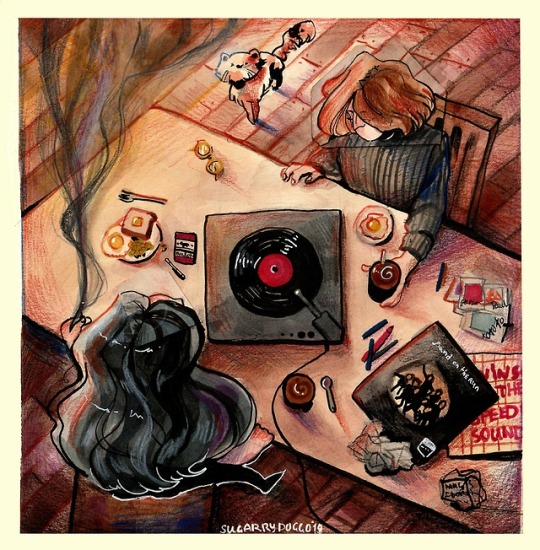
#john taking his glasses off to listen#the cat the polaroids the glossiness of Yoko’s hair#and the high angle#lovely work op#art tag#john and paul#john and yoko#band on the run#silly love songs
586 notes
·
View notes
Text
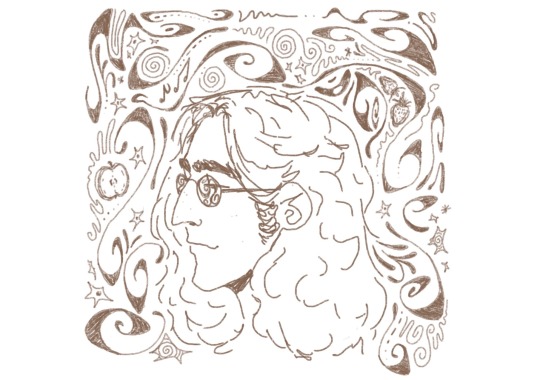
#i love his profile#and the psychedelic swirls around and emanating from him#lovely work op#art tag#john lennon
106 notes
·
View notes
Text

Doodle I kindof hate but whatever
85 notes
·
View notes
Text
It’s so nice to see George happy and relaxed. There’s a bit where he and Derek Taylor start laughing, and George suddenly looks 20 again.
From Terry Willesee Tonight, November 30, 1984. (x)
81 notes
·
View notes
